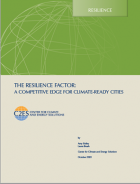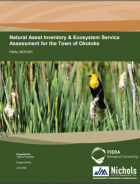Meghan Payne, executive director of the Lesser Slave Watershed Council (LSWC), talks about their how their unique geographical location requires different partnership and engagement strategies than urban areas.
Located in a rural setting, Lesser Slave Watershed Council has limited access to data collection, and is less involved in academic research than other watersheds in Alberta. NGOs have limited staff and funding. Even with such limitations, they have created and strengthened several strategic relationships. For example, Lesser Slave Forest Education Society has been a partner with LSWC since 2010 and helps to provide funding and resources for webinars, summer camps, and community events to educate about diversity of life in wetland ecosystems, and water quality.
Payne also discusses the importance of engaging citizens within the community with new and interesting programs and events. Some examples of activities that work well are Garden Night with invasive weed education, fishing tournaments and Ducks Unlimited fundraiser banquets. This presentation was a part of Alberta’s WPAC Summit in October 2014, called Water Summit in the Valley: Innovation and Leadership in Sustainable Water Management; hosted by the North Saskatchewan Watershed Alliance.





